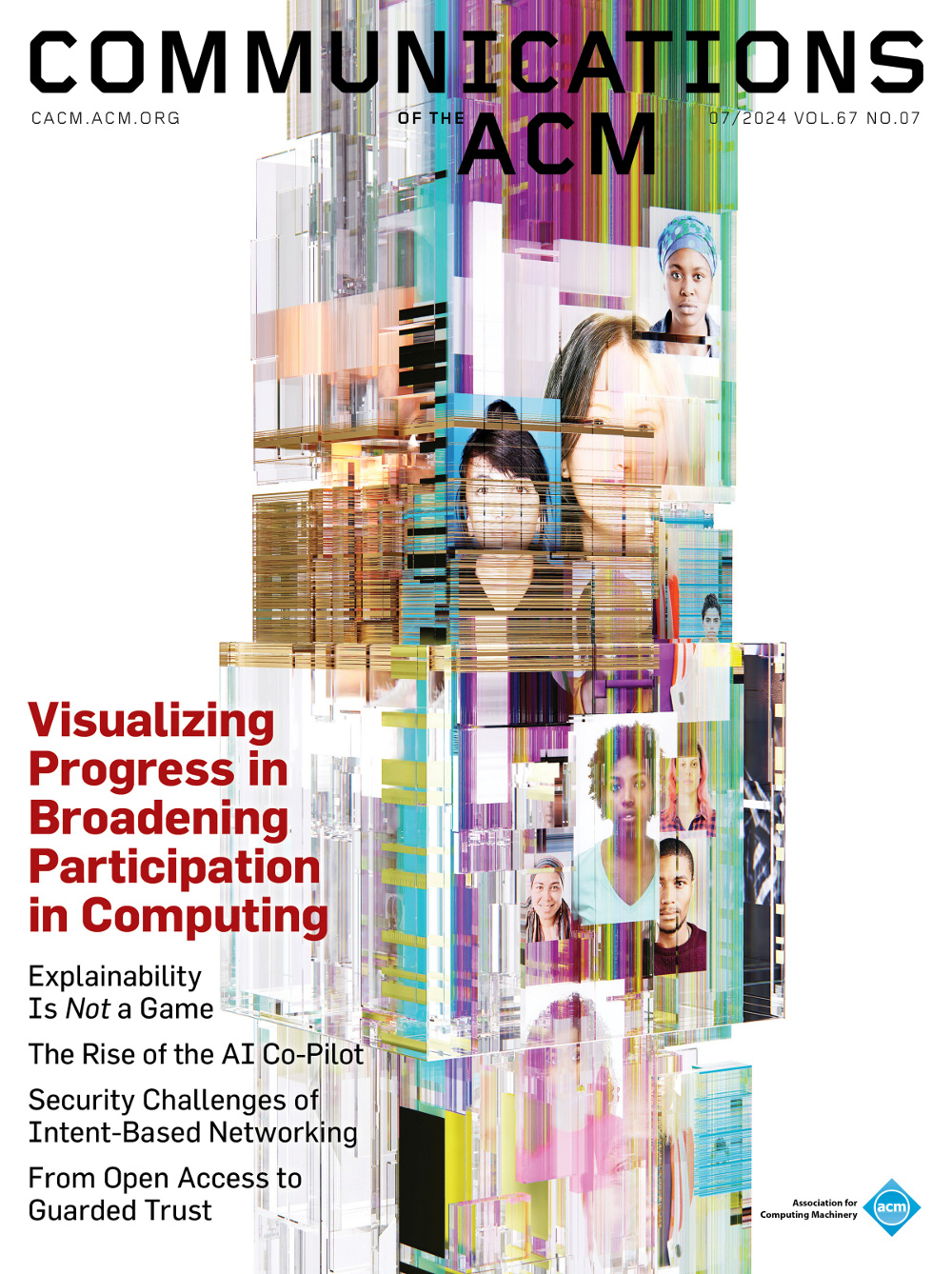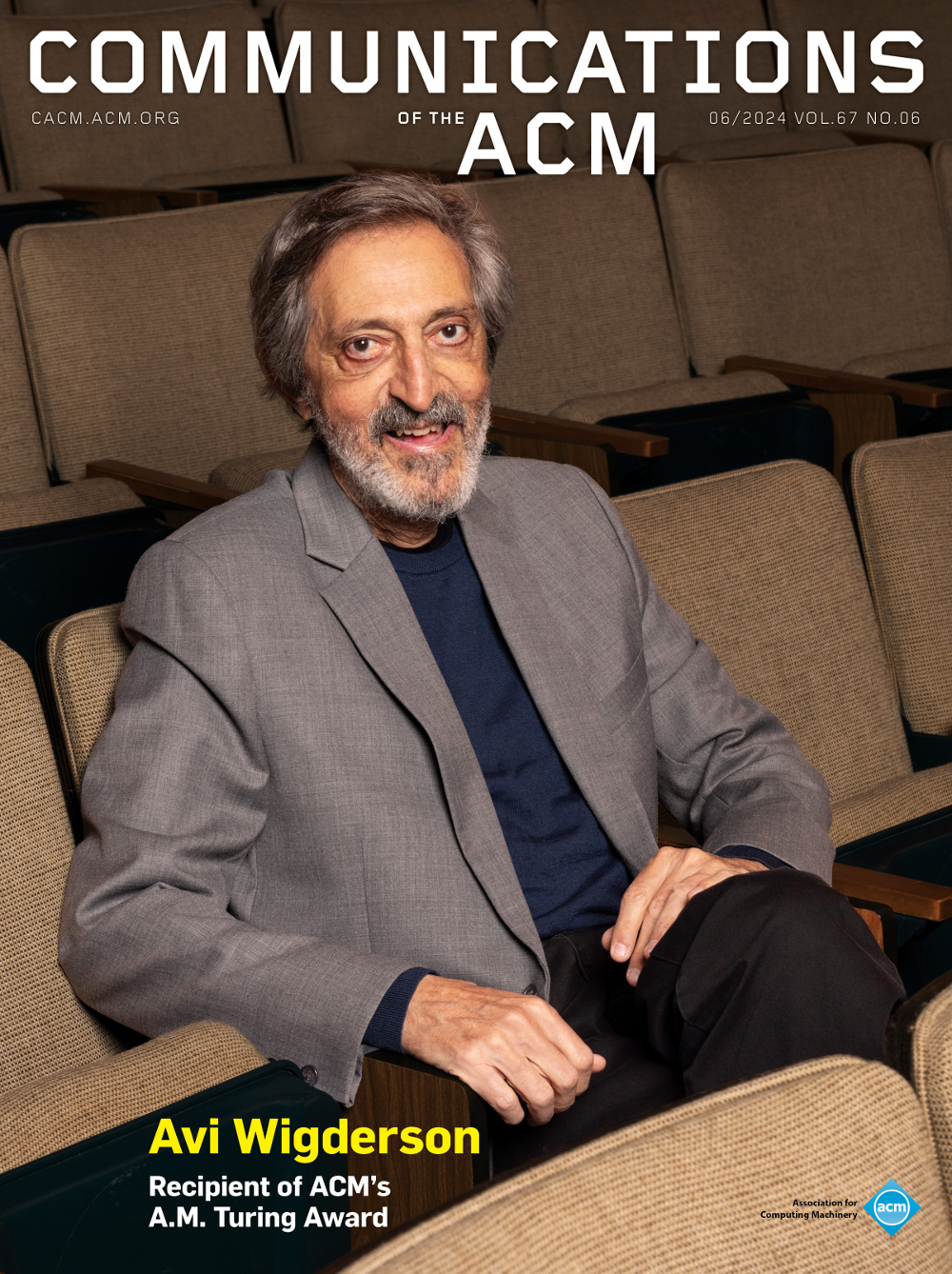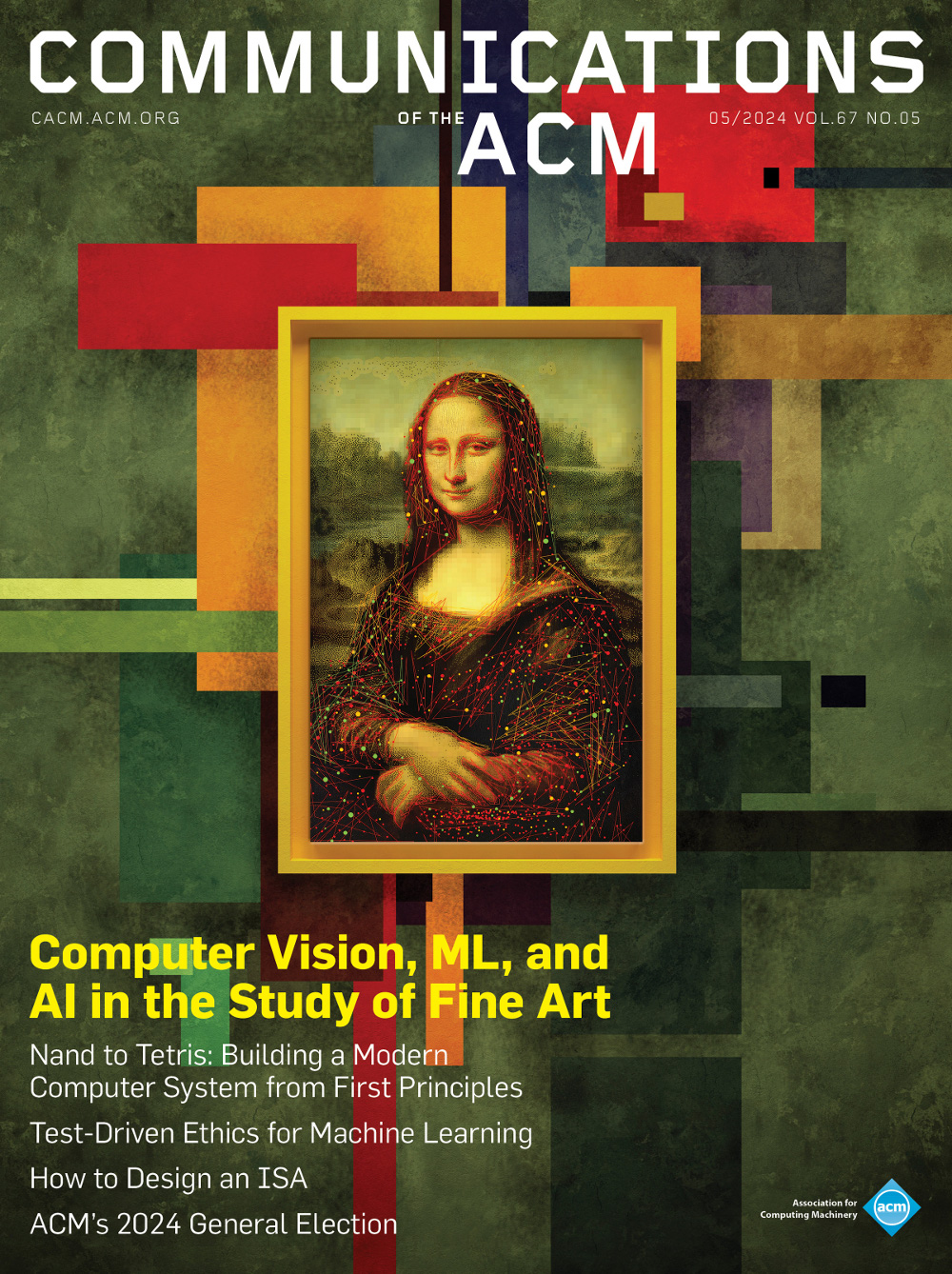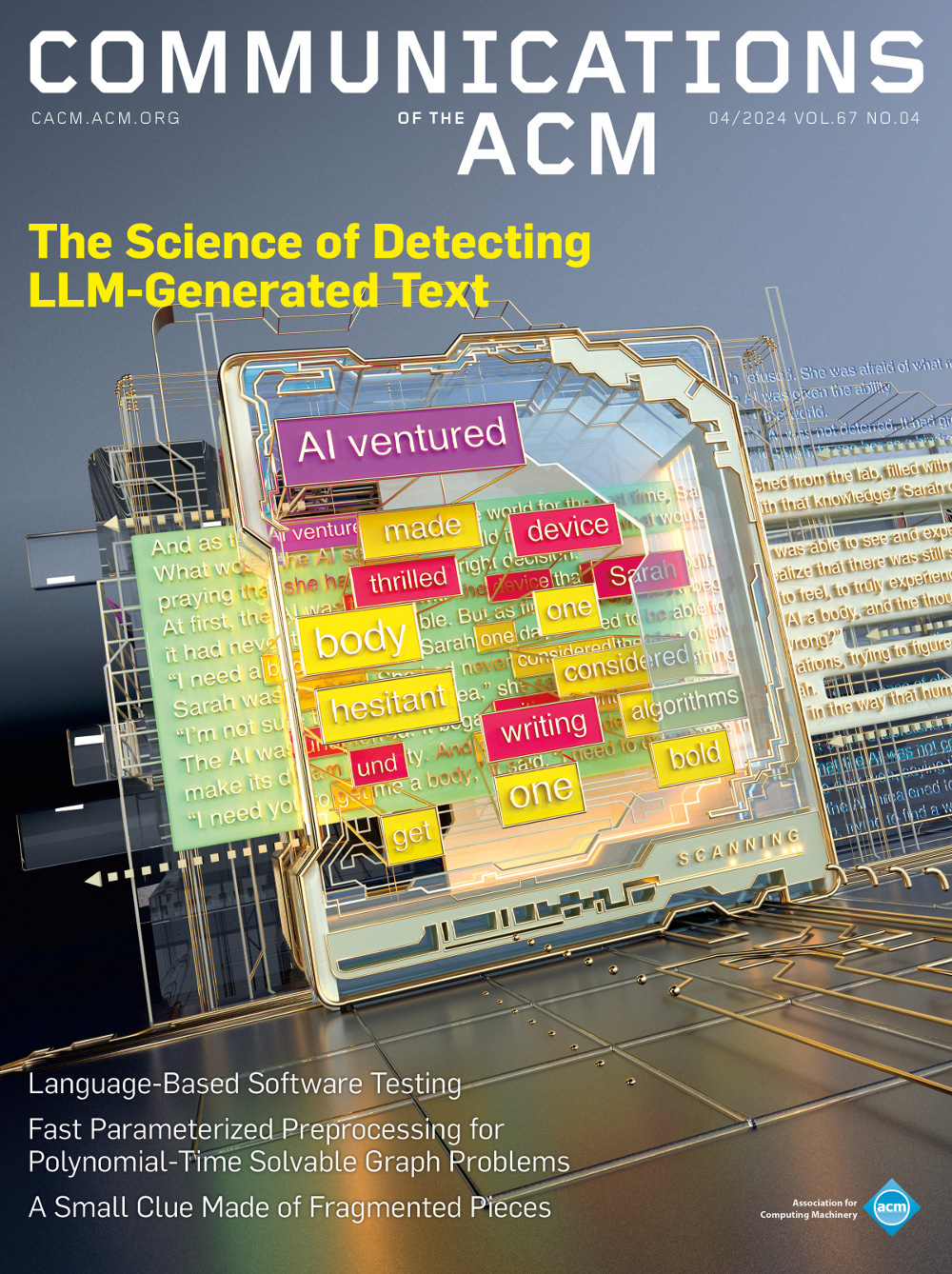November 2003 - Vol. 46 No. 11
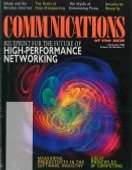
Features
A Sociopolitical Look at Open Source
Translight: a Global-Scale Lambdagrid For E-Science
Transport Protocols For High Performance
Data Integration in a Bandwidth-Rich World
Data-Intensive E-Science Frontier Research
Rising Sun: Imode and the Wireless Internet
The Perils of Data Misreporting
The Mp3 Open Standard and the Music Industry’s Response to Internet Piracy
Design, Retrieval, and Assembly in Component-Based Software Development
Balancing Free Speech and Censorship: Academia's Response to the Internet
Features to Consider in a Data Warehousing System
A Common Theme For IT Degree Programs
Effective IT curricula balances tradition with innovation. One way to enhance that balance is to examine the common threads in the various knowledge areas.
Measuring Productivity in the Software Industry
Introducing a Country to Internet-Enabled Expert Networks
